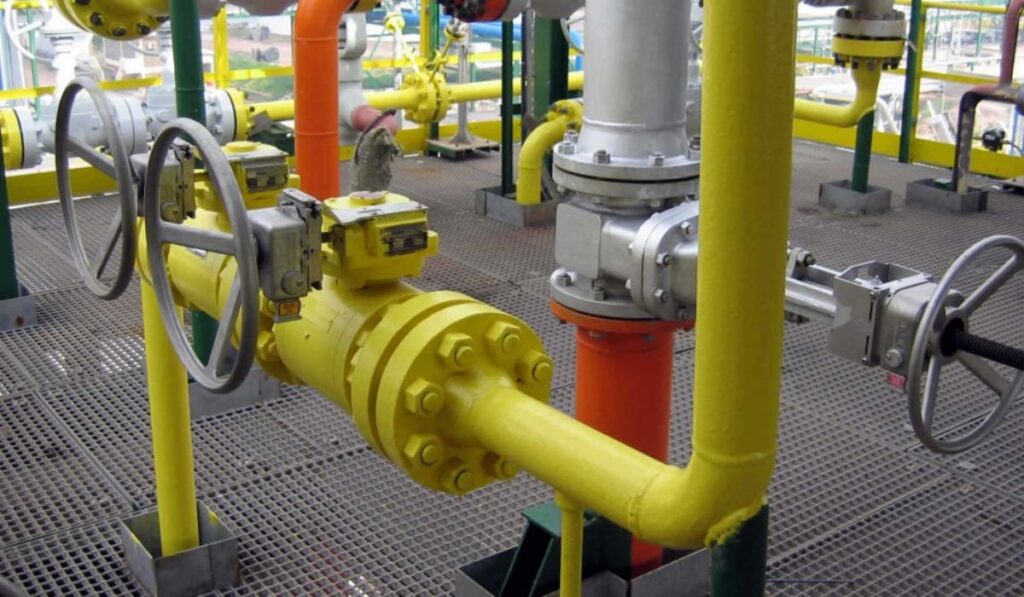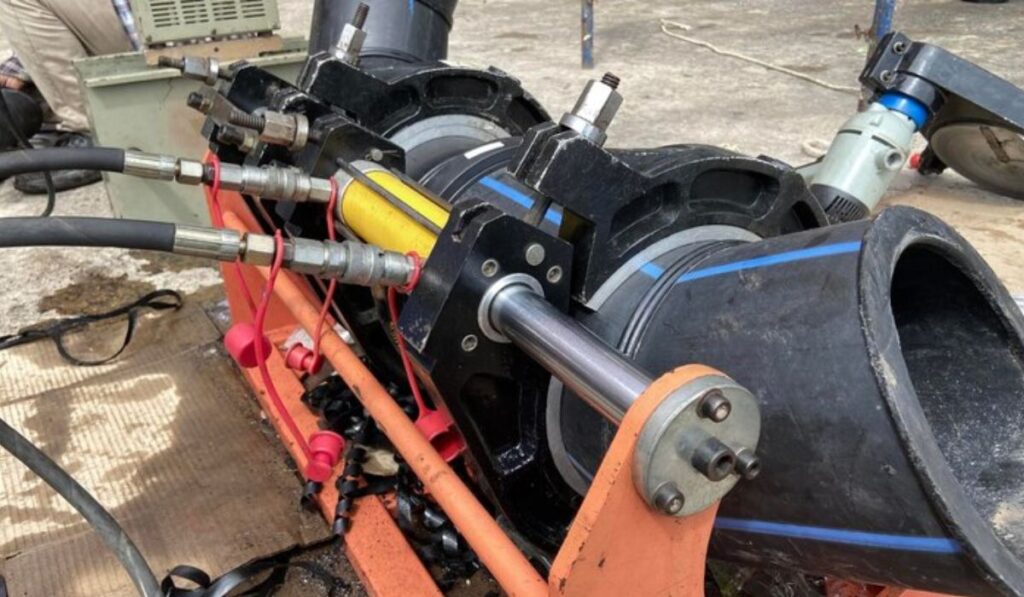Hydraulic power units (HPUs) are critical components in various industrial and mechanical applications, supplying pressurized hydraulic fluid to power machinery. Over time, these units can experience wear and tear, leading to inefficiencies and potential system failures. Recognizing the early signs of malfunction can help prevent costly repairs and downtime. Here are the key indicators that your hydraulic power units repair service is needed.

Reduced System Efficiency
One of the first signs of a failing hydraulic power unit is a noticeable drop in efficiency. If your machinery is not operating at its usual speed or requires more effort to complete tasks, it could indicate a loss of hydraulic pressure or fluid contamination. Reduced effectiveness can lead to increased energy consumption and reduced productivity.
Unusual Noises
A properly functioning hydraulic power unit operates smoothly with minimal noise. If you start hearing knocking, banging, or whining sounds, it could indicate trapped air in the system, cavitation, or failing components like pumps and valves. Ignoring these sounds can lead to significant mechanical failures.
Overheating Issues
Excessive heat in the hydraulic power unit is a serious concern. If the unit frequently overheats, it could be due to issues like clogged filters, low fluid levels, or a failing cooling system. Overheating can degrade hydraulic fluid, causing further damage to internal components. Regular temperature monitoring can help in early detection of such problems.
Fluid Leaks
Hydraulic systems rely on a closed-loop mechanism to function efficiently. Any visible leaks around hoses, seals, or connectors indicate a problem. Leaks not only reduce the efficiency of the system but also pose safety hazards. Addressing leaks promptly through professional repair services can prevent further damage.
Contaminated Hydraulic Fluid
Hydraulic fluid plays a crucial role in system performance. If the fluid appears dark, foamy, or has an unusual odor, it may be contaminated with dirt, water, or air. Contaminated fluid can cause clogging, corrosion, and accelerated wear on components. Regular fluid checks and replacements are essential for maintaining system integrity.
Slow or Unresponsive Operations
If your hydraulic system is slow to respond or completely unresponsive, it indicates a deeper mechanical issue. The problem could stem from a failing pump, blocked filters, or deteriorating hydraulic seals. Such issues should be addressed immediately to avoid complete system failure.
Increased Energy Consumption
A malfunctioning hydraulic power unit may consume more energy than usual. If you notice a spike in energy bills without increased workload, it could be due to inefficient hydraulic performance. Faulty pumps, leaks, or pressure loss can all contribute to increased power consumption.
Erratic Movements
Hydraulic-powered machinery should operate smoothly. If you observe jerky or erratic movements, it may indicate problems with valves, fluid contamination, or air pockets in the system. This issue can compromise the precision and safety of your operations.

In Conclusion
Regular maintenance and timely hydraulic power units repair can prevent costly breakdowns and ensure the longevity of your equipment. If you notice any of these warning signs, it’s best to consult professionals for a thorough inspection. Power Hydraulics offers expert hydraulic power unit repair services, ensuring your system operates at peak efficiency with minimal downtime.



